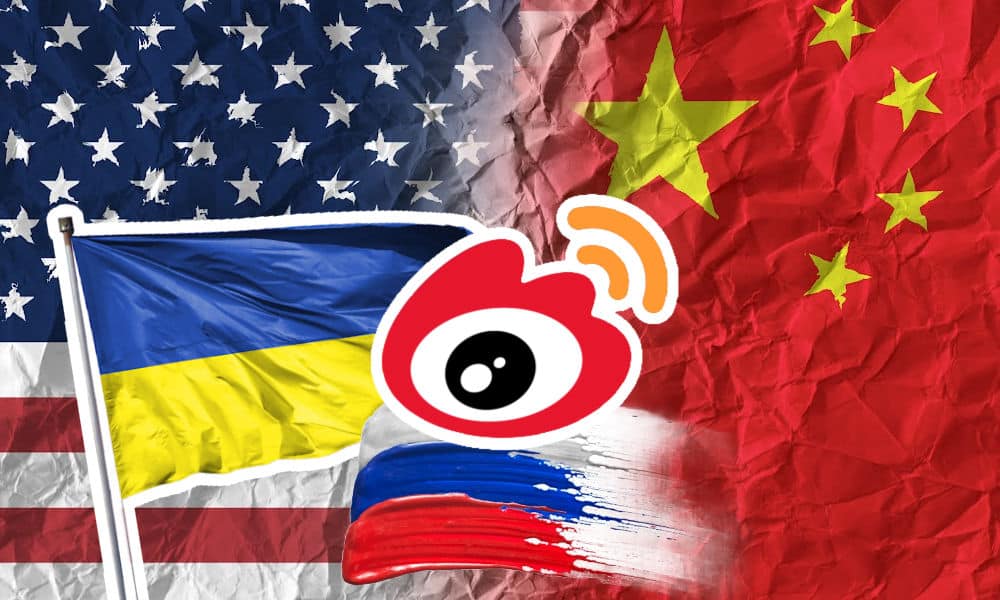


From shifting sentiments on Zelensky to a renewed focus on Taiwan, recent geopolitical developments have sparked noteworthy takes from Chinese online commentators.



"We should tell Li Jingjing to come home. Risking your life on the battlefield for Russia is not worth it!"

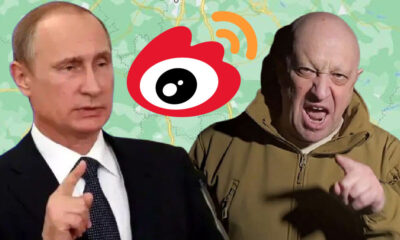

Exploring Chinese online media reactions to the Wagner Rebellion in Russia on June 24.
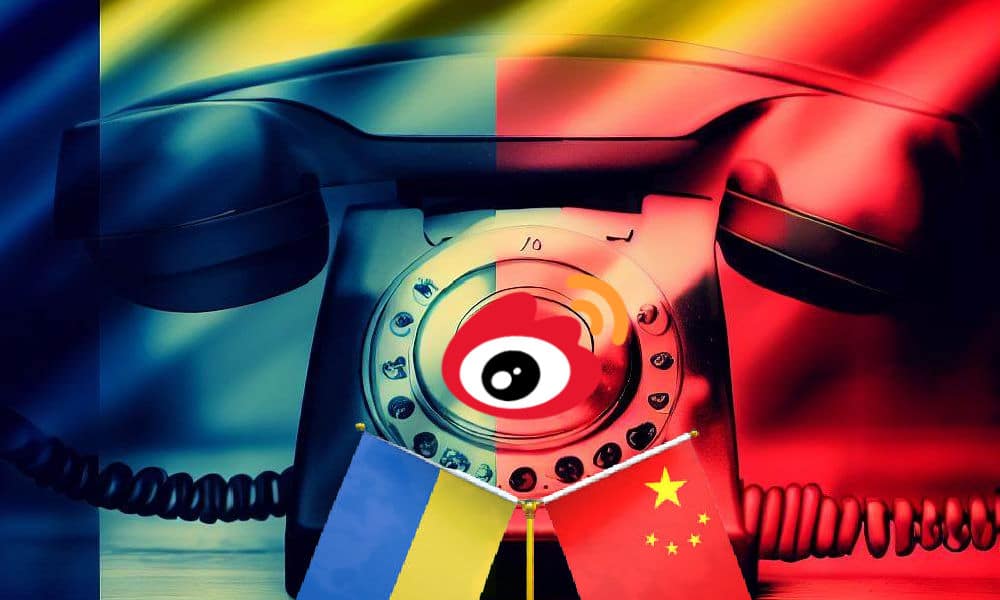
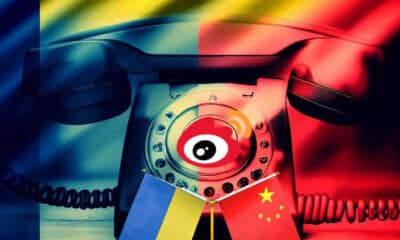

China won't "watch the fire from the other side of the river," but it also will not "pour oil on the fire" of the Russia-Ukraine war.

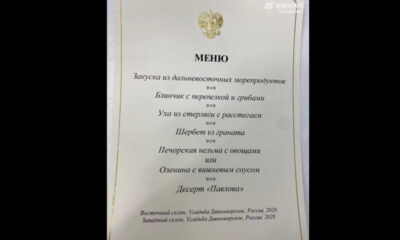

This was on the menu during the big dinner on Xi's first night in Moscow during the state visit to Russia.



In Xi's piece, the word "China" was the most recurring one. In Putin's article, the word "Russia" was repeated the most.



"We should support peace talks, and oppose America adding fuel to the fire," one top commenter on Weibo wrote after Putin's speech.
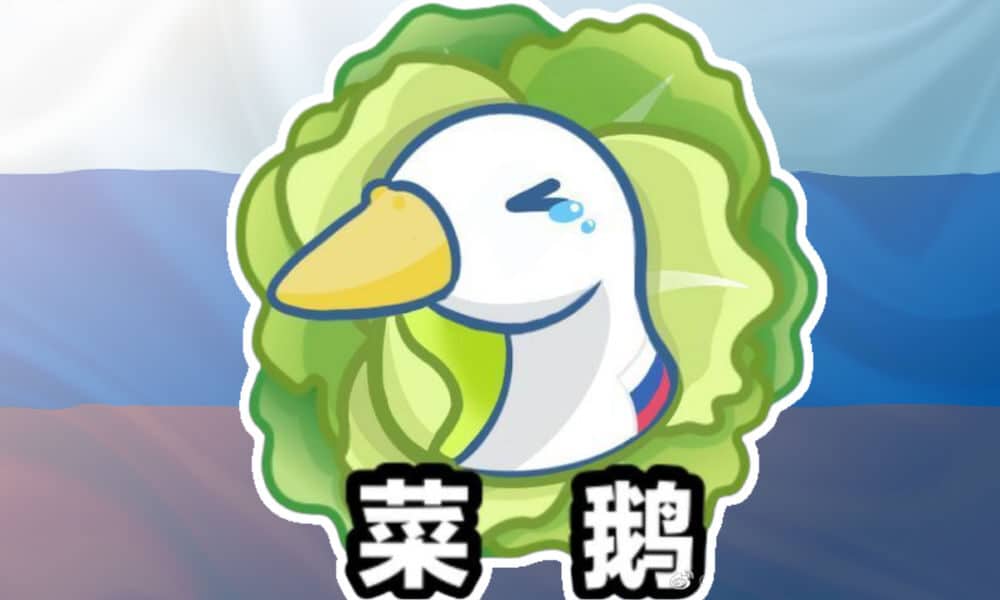


Multiple Chinese (military) bloggers started using the 'weak goose' (菜鹅) term in light of Russia's fading victory.



Chinese manufacturers of heating equipment are the "invisible champions" of Europe's energy crisis.

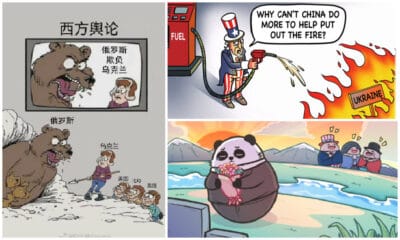

A shifting focus on other issues that are framed within Chinese news narratives of the Russia-Ukraine war.

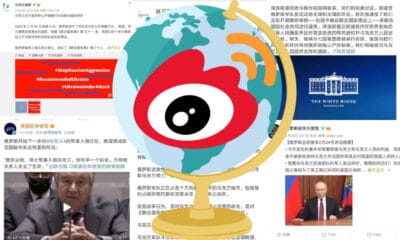

Some see the rising relevance of Weibo in the international social media scene as a sign of a rising China.

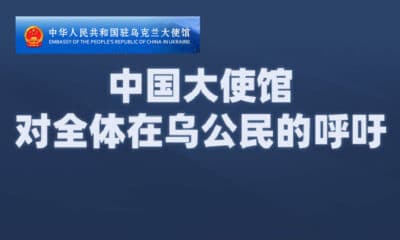

The Chinese Embassy stresses that Chinese people should maintain unity and keep helping each other in Ukraine.



Although the embassy first advised Chinese citizens in Ukraine to show a Chinese flag, they now suggest it is better to be careful in displaying their...

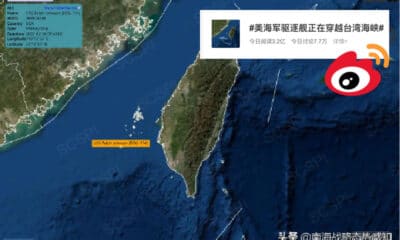

Many see the presence of the US warship in the Taiwan Strait as a provocation.

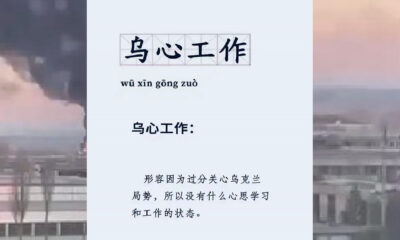

Chinese netizens are so focused on the Russian attack on Ukraine that nobody can focus on work (wuxin gongzuo).
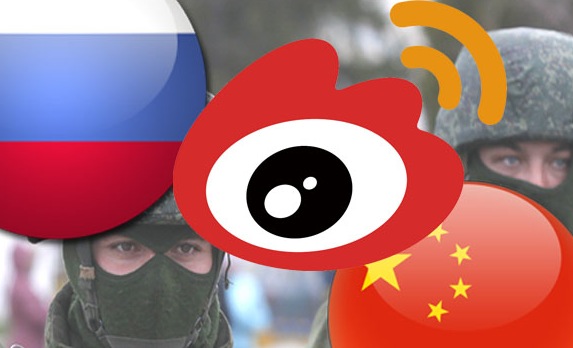

In the days following the MH17 crash, the Russian Embassy in China posted various comments on its official Weibo account with updates and reaction to the...


The crash of Malaysian Airlines flight MH17 has led to much speculation on Weibo on who is responsible. Chinese website The Observer (观察者 Guanchazhe) writes: “Russia...